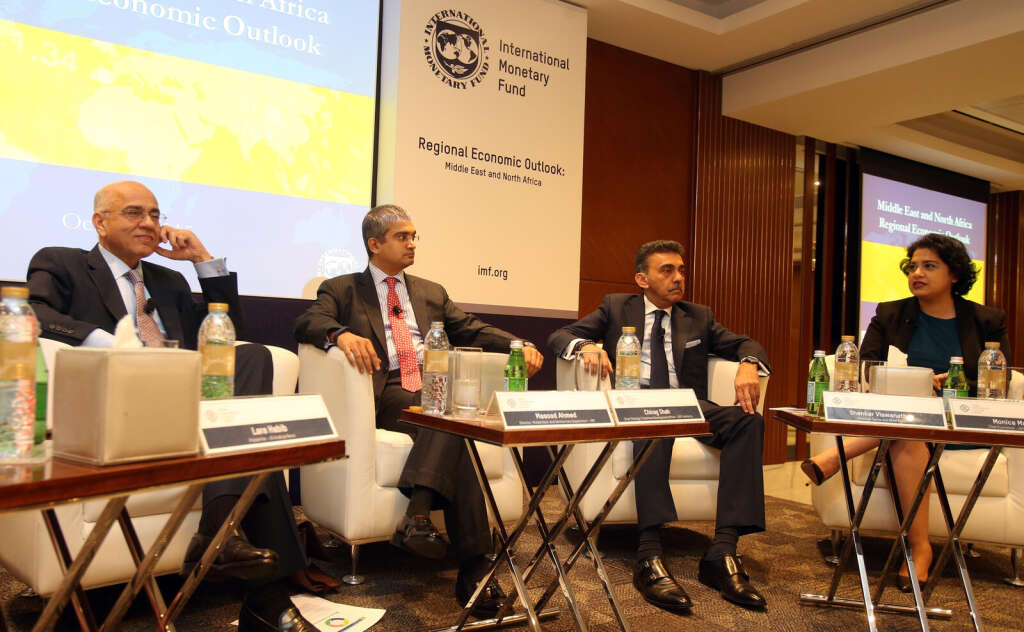THE UAE: POLITICAL ISSUES AND SECURITY DILEMMAS

At the end of the twentieth century, the United Arab Emirates (UAE) enjoys a favorable strategic position compared to the rest of the southern Gulf states. The federation faces no immediate threat of invasion, overwhelming debt, organized domestic opposition or economic collapse. The emirates’ rivalries have largely abated and there appears to be the beginnings of a federal civil society. In addition, the United States ensures the federation’s security.
Yet the UAE must grapple with the same challenges that have Afflicted the poorer Middle East states: rapid population growth, lack of economic diversification, low oil prices, low water supplies and dependence on foreign labor. At the same time, the UAE’s most charismatic leader and only president — Abu Dhabi Ruler Shaykh Zayid — is in poor health and lacks a strong successor. Some analysts question whether the federation’s will remain unified after Zayid’s death.
Moreover, the UAE’s military forces — either on their own or in combination with those of the GCC — cannot deter the federation’s principal security threat, Iran. The federation claims that Iran illegally occupies Abu Musa and the Greater and Lesser Tunbs, but Tehran has refused to relinquish control over these three islands. UAE officials believe that the best way to restrain Iranian expansion in the southern Gulf is to integrate a unified, militarily strong Iraq into the Gulf’s balance of power. The problem with this strategy is that the United States, which currently dominates the Gulf’s military balance, believes that the current regime in Baghdad threatens regional security and opposes any plan that would reintegrate Iraq into an international security structure.